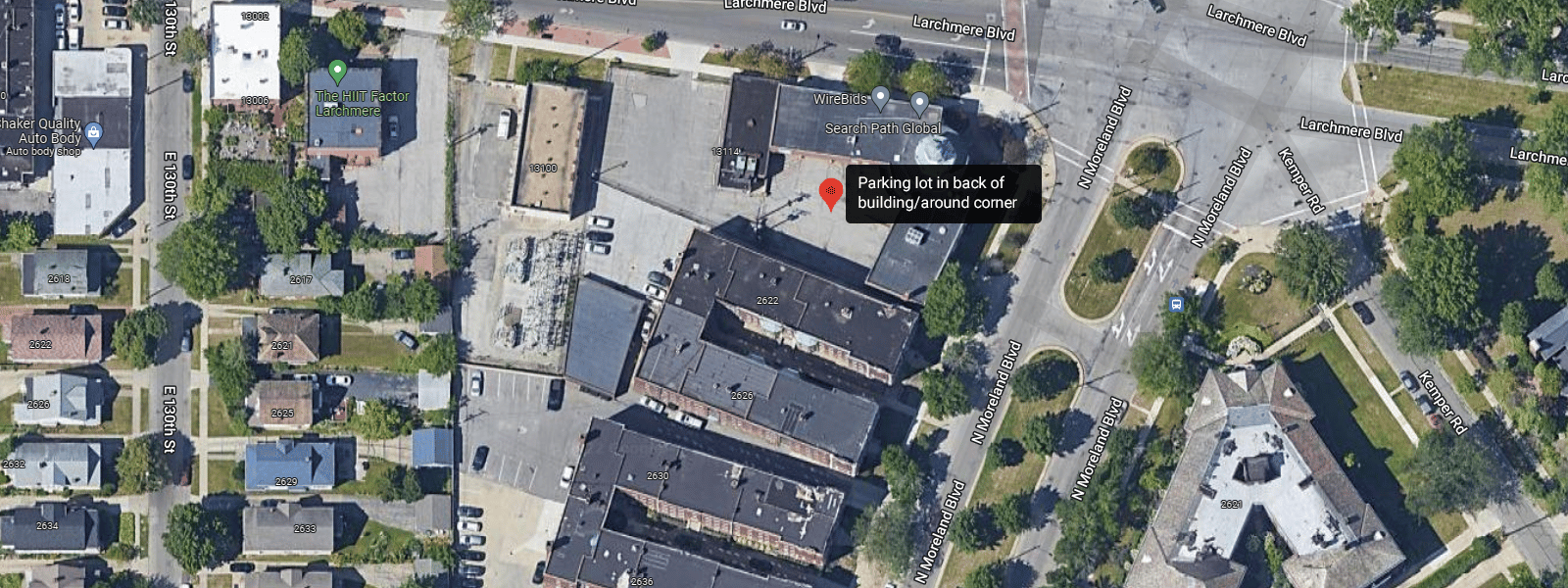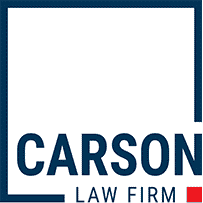
Typically, the estate of the deceased person pays the probate attorney fees. These fees are considered a cost of settling the estate and are typically paid out of the estate’s assets. However, the specifics of who pays probate attorney fees can vary depending on the circumstances. If there is not enough liquid cash in the estate to pay the attorney fee, the executor of the estate or a beneficiary might have to advance cash to cover the attorney fee to avoid having to sell assets to cover the fees and expenses.
If the estate has enough cash to cover attorney fees and administration expenses, they are paid first from the estate assets before anything is distributed. Essentially, this means that whoever is entitled to the “residue” of the estate (that is, whatever is left after specific gifts are distributed) must pay the fee, unless the will states otherwise.
Want to get a free, no-obligation attorney fee quote for an estate? Call us today at 216-352-4243 or click here to book a FREE 15-minute consultation to speak with an attorney about your rights and obligations as fiduciary.


Leave a Reply